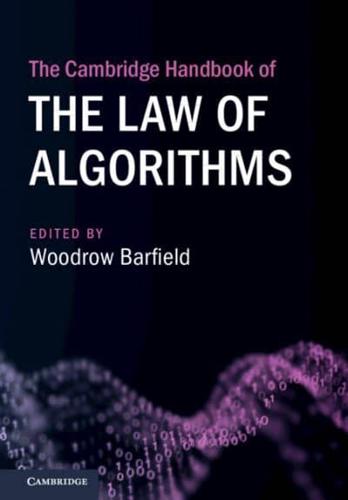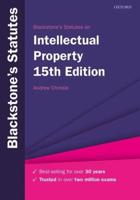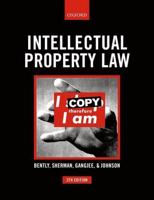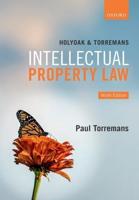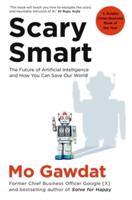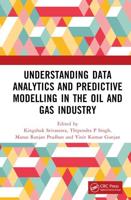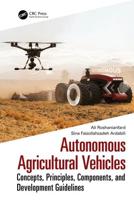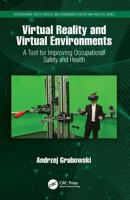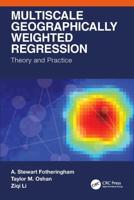Publisher's Synopsis
Algorithms are a fundamental building block of artificial intelligence - and, increasingly, society - but our legal institutions have largely failed to recognize or respond to this reality. The Cambridge Handbook of the Law of Algorithms, which features contributions from US, EU, and Asian legal scholars, discusses the specific challenges algorithms pose not only to current law, but also - as algorithms replace people as decision makers - to the foundations of society itself. The work includes wide coverage of the law as it relates to algorithms, with chapters analyzing how human biases have crept into algorithmic decision-making about who receives housing or credit, the length of sentences for defendants convicted of crimes, and many other decisions that impact constitutionally protected groups. Other issues covered in the work include the impact of algorithms on the law of free speech, intellectual property, and commercial and human rights law.


